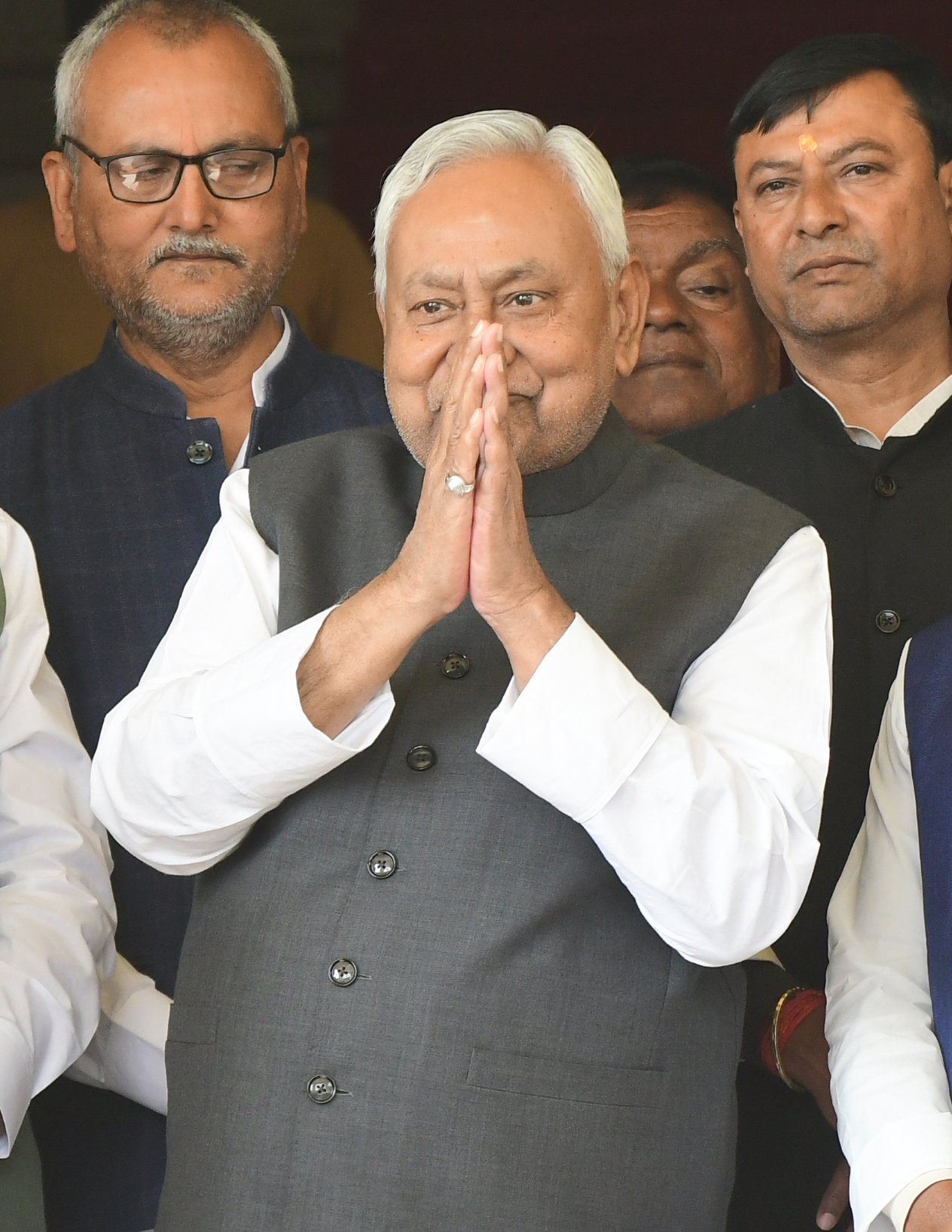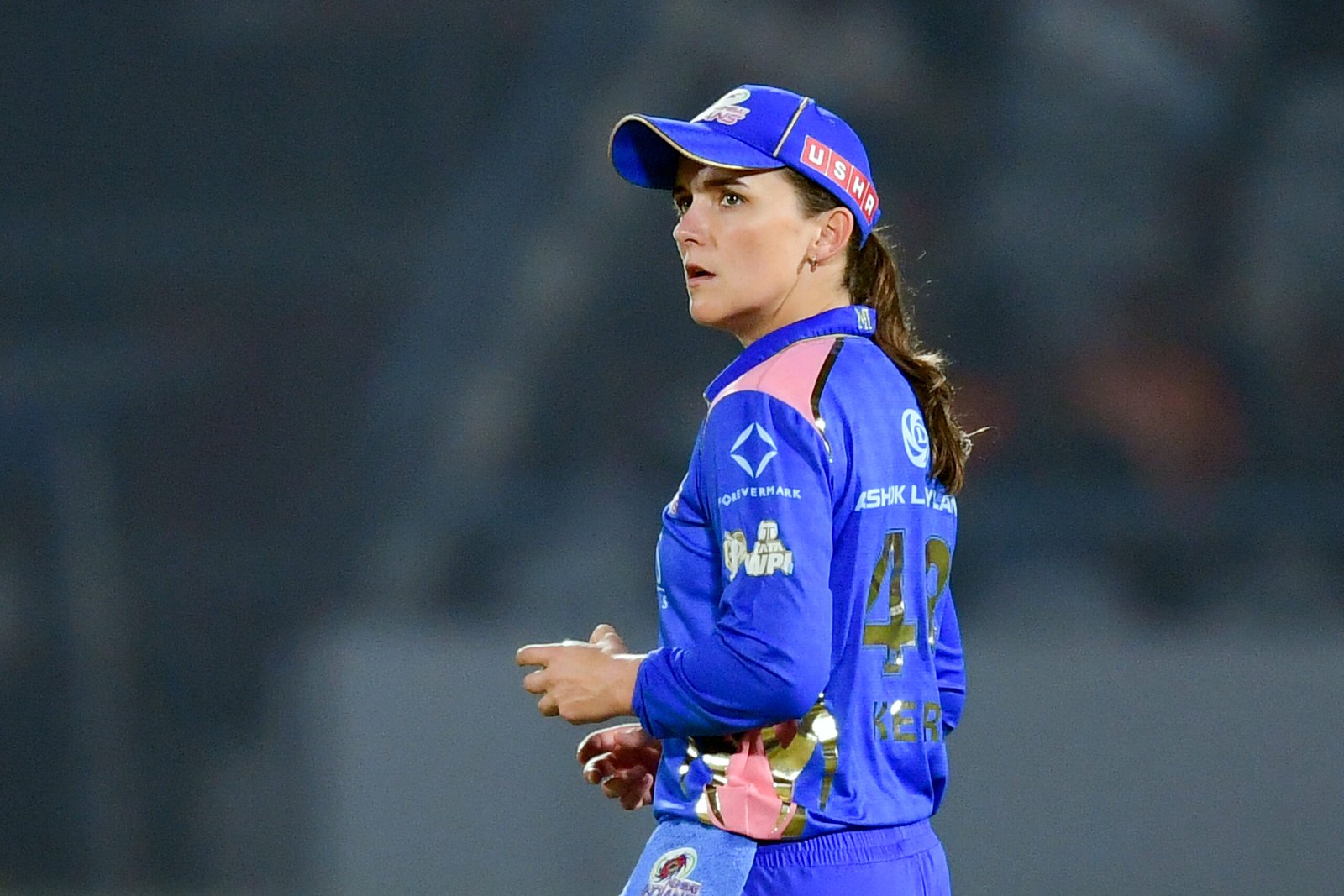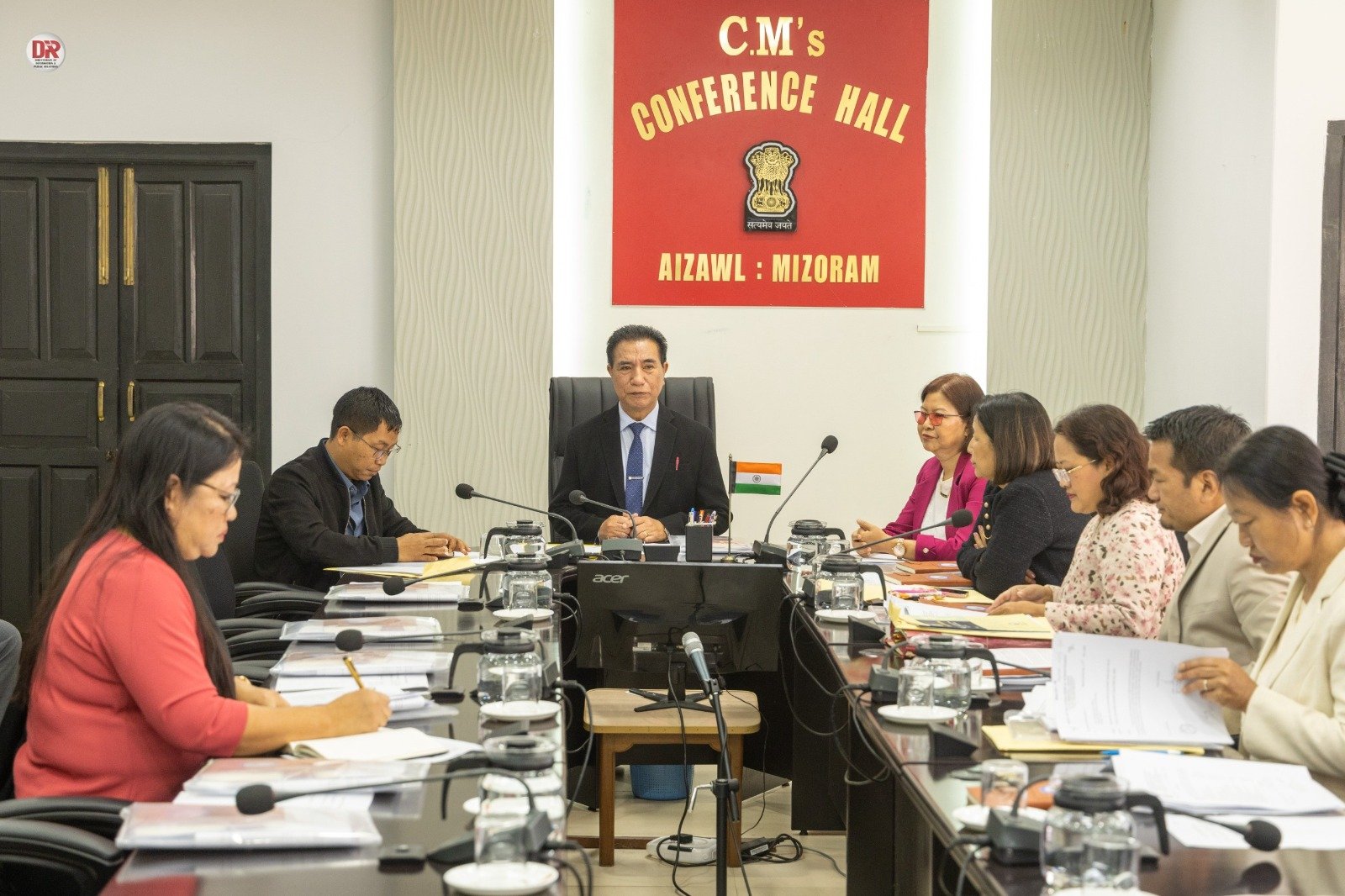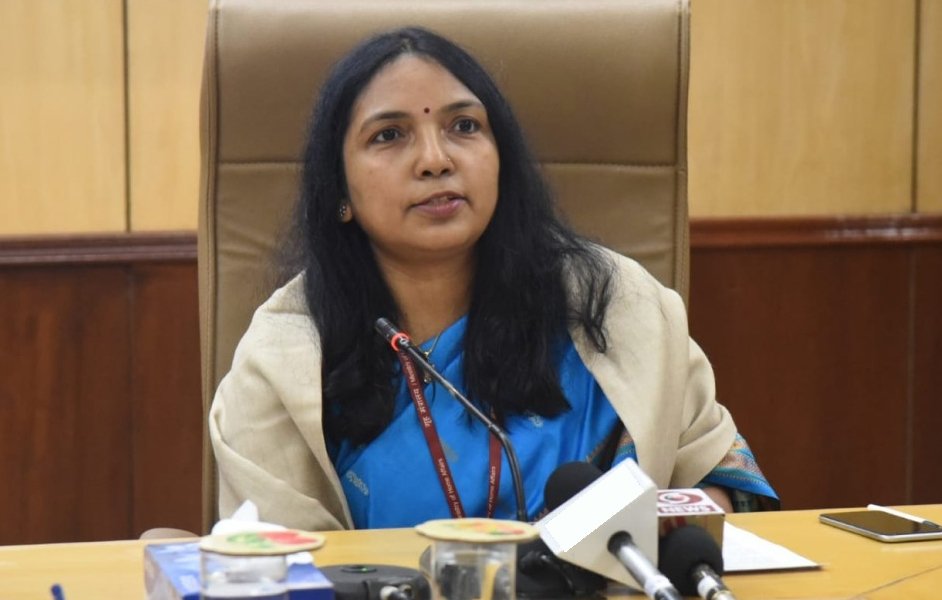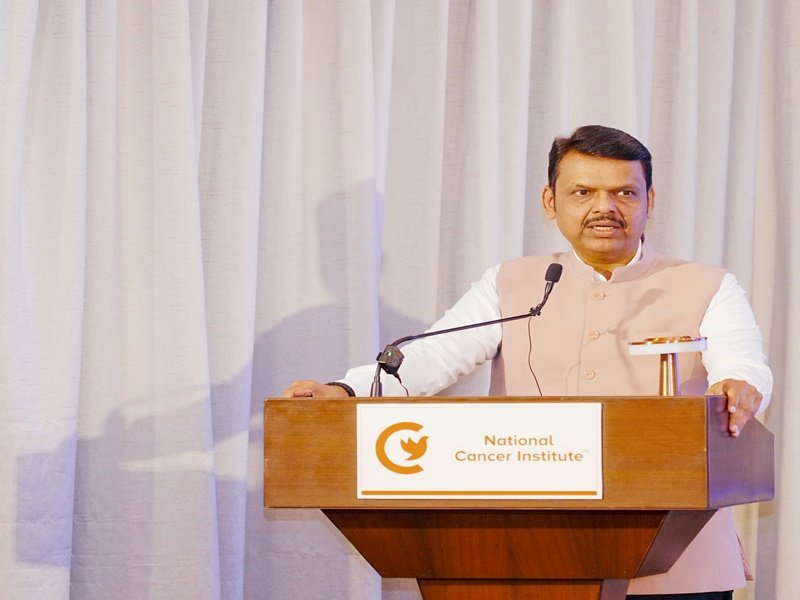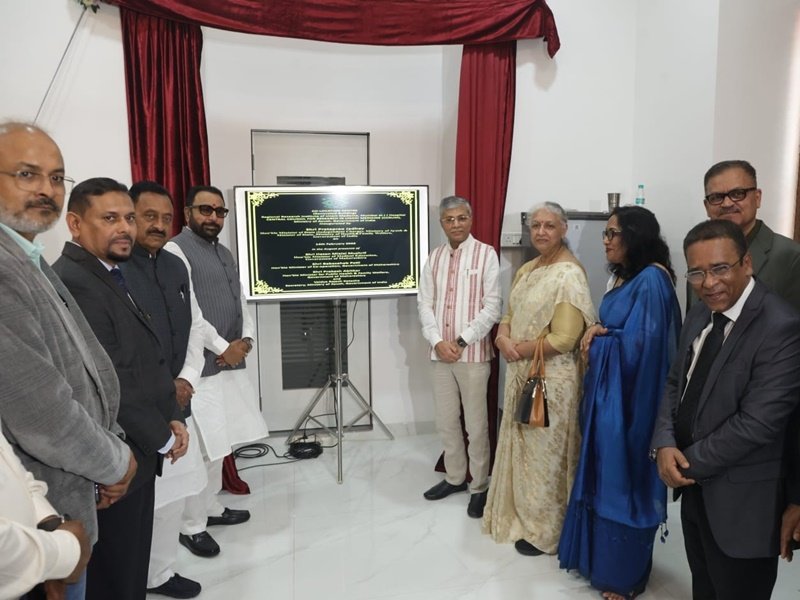
The Supreme Court Bar Association (SCBA) has asked India’s highest court to issue clear rules that protect women’s health, dignity and privacy when they’re at work or in schools and colleges. The move comes after a shocking incident last month that drew national attention.
On October 26, three female sanitation workers at Maharshi Dayanand University in Rohtak, Haryana, were reportedly forced to show photographs of their periods to their supervisors. The workers, who were called in for duty on a Sunday because the Haryana Governor was visiting, said they were verbally abused and humiliated. They were pressured into taking pictures of their sanitary pads in the washroom, a request that felt both invasive and humiliating.
The university reacted quickly. It suspended the two supervisors involved and started an internal investigation. The Haryana State Commission for Women also opened its own inquiry and asked the university and the police for records. Later, the assistant registrar and the supervisors were booked under sections of the Indian Penal Code dealing with assault and assaulting a woman’s modesty.
Saying the incident was “disturbing,” the SCBA filed a petition under Article 32 of the Constitution, demanding that the Government and the Supreme Court create nationwide guidelines. The goals are to uphold the constitutional right to life, dignity, bodily integrity and privacy that women and girls enjoy, especially during menstruation and other gynecological issues.
The SCBA points to earlier examples of “period shaming” across the country—like a 2017 case in Uttar Pradesh where 70 schoolgirls were stripped to check for menstrual blood, and a 2020 incident in Gujarat where 68 college students were asked to remove underwear for inspection. These cases demonstrate a pattern of harassment that the SCBA says must be stopped.
In its petition, represented by lawyer Pragya Baghel, the SCBA urges the Centre and the Haryana government to conduct a detailed inquiry into the Rohtak episode. It also asks the Supreme Court to give specific, enforceable guidelines that prevent future violations of menstrual privacy and protect women’s bodily autonomy.
The outcome could shape how schools, colleges and workplaces handle menstrual health. If the court issues new rules, it would signal a landmark step toward safeguarding women’s dignity and health across India.
Stay informed on all the latest news, real-time breaking news updates, and follow all the important headlines in world News on Latest NewsX. Follow us on social media Facebook, Twitter(X), Gettr and subscribe our Youtube Channel.


